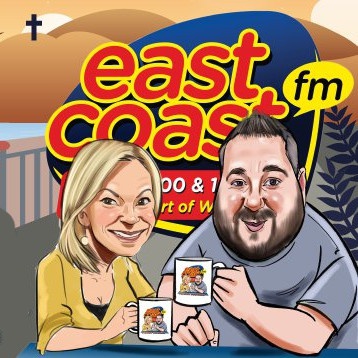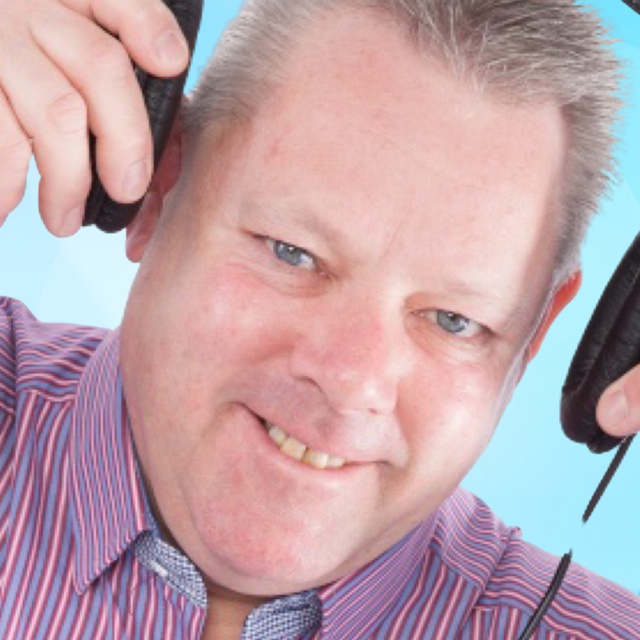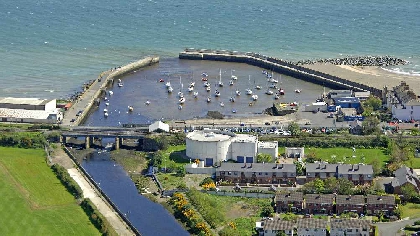
Bray seafront to be again ‘Clean to European Norms’, while Brittas Bay slipped to ‘moderately littered’.
The annual nationwide survey by business group Irish Business Against Litter (IBAL) of beaches and harbours has shown Bray seafront to be again ‘Clean to European Norms’, while Brittas Bay slipped to ‘moderately littered’.
Overall, litter levels are on the rise, with only 8 of 33 areas surveyed receiving the ‘Clean’ designation. Alongside its impact on tourism and recreation, IBAL is warning that coastal litter has grave implications for the future of our planet.
The An Taisce report for Bray stated: “Bray scored very well in 2021 and things were no different in 2022. The extensive beach area, promenade, associated grass area (with playgrounds, PE Equipment etc.) and pedestrian & cycle paths were all excellent with regards to litter. Large infrastructural works continue to enhance the area e.g. paving around the band-stand looked fantastic and was the surrounding area was further adorned with abundant colourful planting. The area is very well served by litter bins, both permanent and temporary ones. Considering the vastness of the area and the volume of people using the facilities, there were minimal opportunities for separating waste.”
The An Taisce report for Brittas Bay stated: “There was a virtual absence of litter on the long stretch of beach at Brittas Bay. Minor cigarette butts at the base of the picnic tables at South Beach car park could easily be addressed with the provision of cigarette butt units. A large skip at North Beach Car Park appeared to be the cause of litter rather than the solution – it would appear that the contents of same had been ‘picked’ from the skip and dropped on the ground close by. The replacement of the skips with an abundance of ‘covered’ litter bins at both the North Beach and South Beach Car Park will hopefully address this issue. Life-belts, coastal erosion signage, Blue Flag notices and recycle bins were in good condition. Audio recording relating to dogs on beaches was activated by a sensor at the entrance to the beach from both car parks..”
Beaches, harbours, rivers and their immediate environs were monitored by An Taisce in June and July. While Tramore was again clean, many popular beaches slipped to ‘moderately littered’ status, among them Lahinch, Brittas Bay, Curracloe, Portmarnock, Strandhill and Clogherhead. Bundoran was again ‘littered’. By contrast, Salthill improved significantly.
“Unfortunately the improvement observed at our beaches last year seems to have reversed this time round,” commented IBAL’s Conor Horgan. “We had hoped that the decline in Covid-related litter might bring an improvement in overall cleanliness, added to the fact that many who staycationed last year would have travelled abroad this summer. Our most popular beaches are not heavily littered, but they’re not as clean as they should be.”
Covid-related litter on the decline … but not coffee cups
Unsurprisingly there was a fall-off in Covid masks and gloves found, but also in alcohol-related litter which was linked to lockdown. Coffee cups remained a significant litter item, however, present in half of the areas surveyed. The most common forms of litter found by the assessors were cigarette butts, sweet wrappers and plastic bottles.
“Every day it seems we hear more of the dire consequences which marine litter, much of it plastic, holds for our planet,“ adds Mr Horgan. “We need to impress on people that simple individual actions such as discarding a coffee cup – or even a cigarette butt – have implications which stretch beyond the local environment.”
With 10 million tonnes of plastic ending up in our oceans each year, it is estimated that there will be more plastic than fish in our oceans within 30 years. Research shows a single cigarette butt can contaminate up to 200 litres of water.
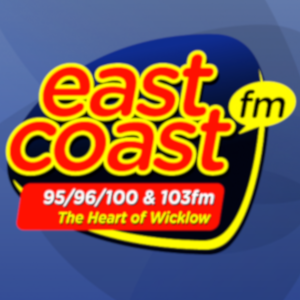

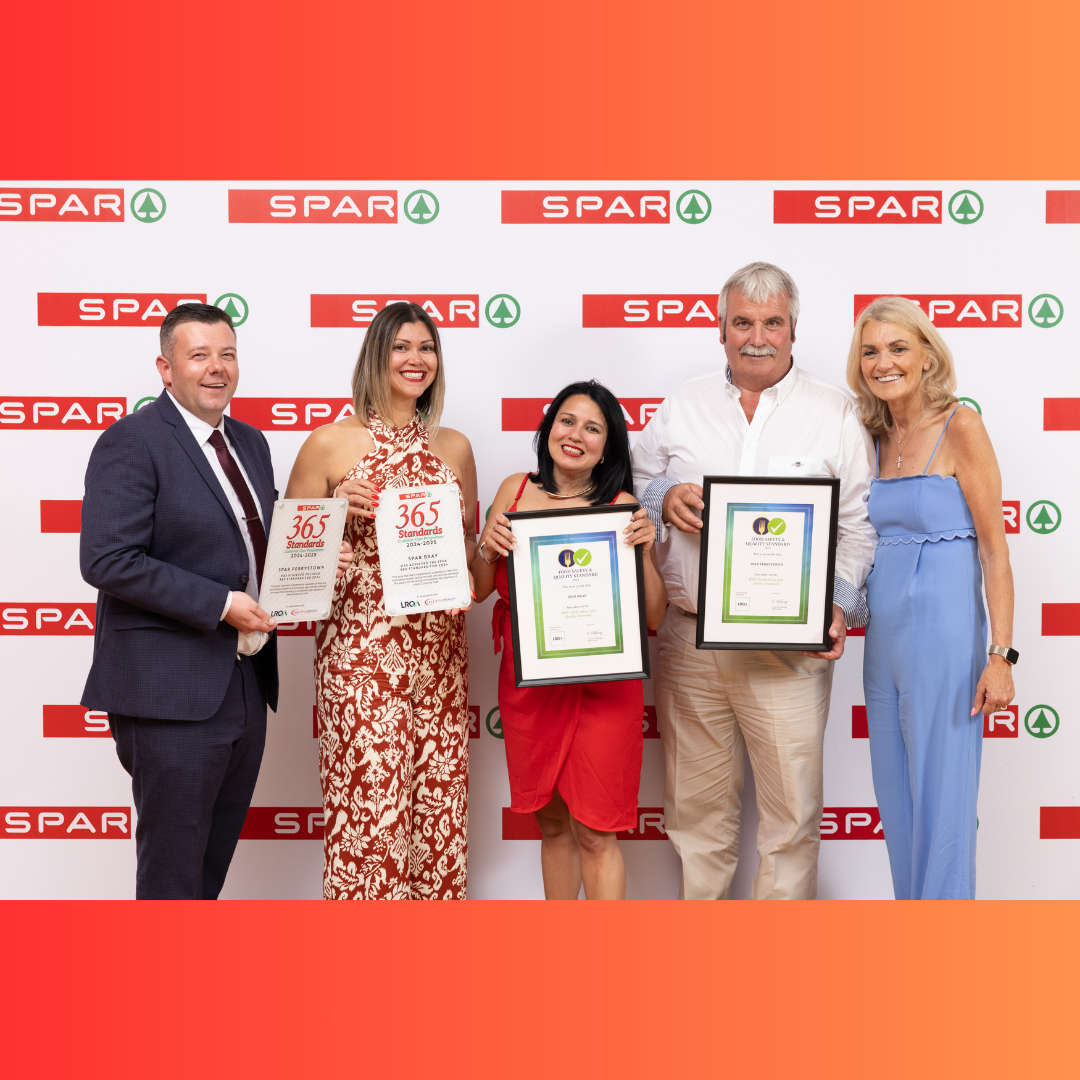 Three Wicklow SPAR Stores Receive Top Retail Excellence Awards
Three Wicklow SPAR Stores Receive Top Retail Excellence Awards
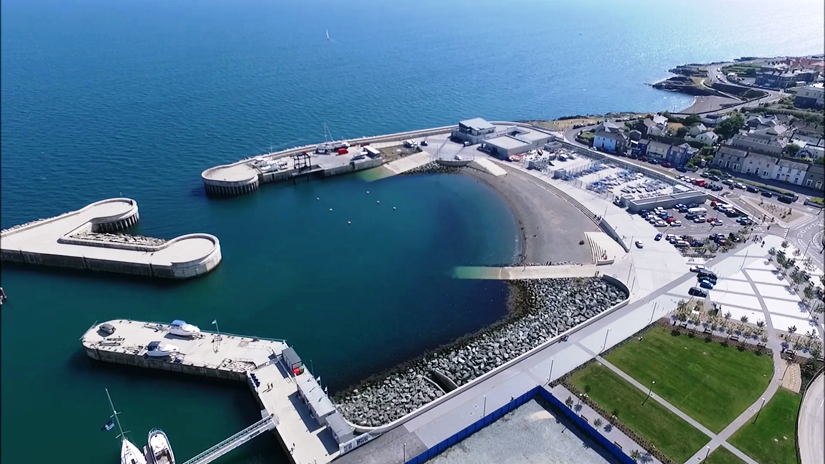 Councillor Hails Major Step Forward Towards Securing Revamped Coast Guard Station In Greystones
Councillor Hails Major Step Forward Towards Securing Revamped Coast Guard Station In Greystones
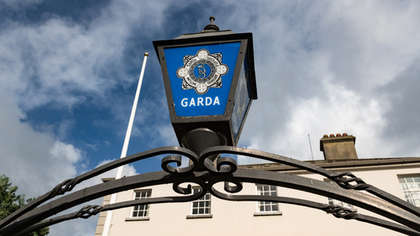 Local TD Expresses Shock And Sympathy As Rathdrum Is Shellshocked By Workplace Death
Local TD Expresses Shock And Sympathy As Rathdrum Is Shellshocked By Workplace Death
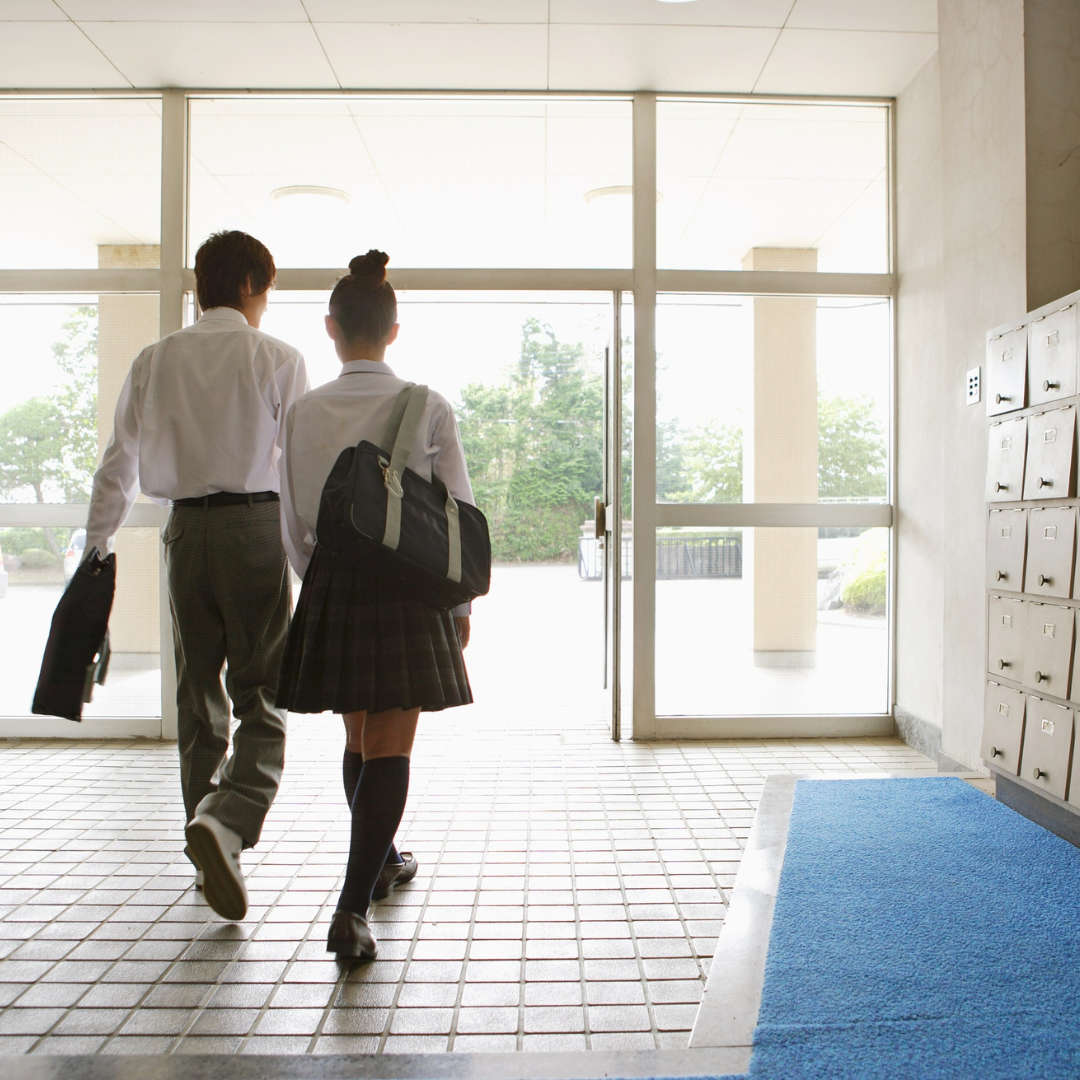 Pilot Single Application System for Post-Primary Schools in Greystones
Pilot Single Application System for Post-Primary Schools in Greystones
 LPT Reforms Will Boost Wicklow County Council Funds By €4.5 Million
LPT Reforms Will Boost Wicklow County Council Funds By €4.5 Million
